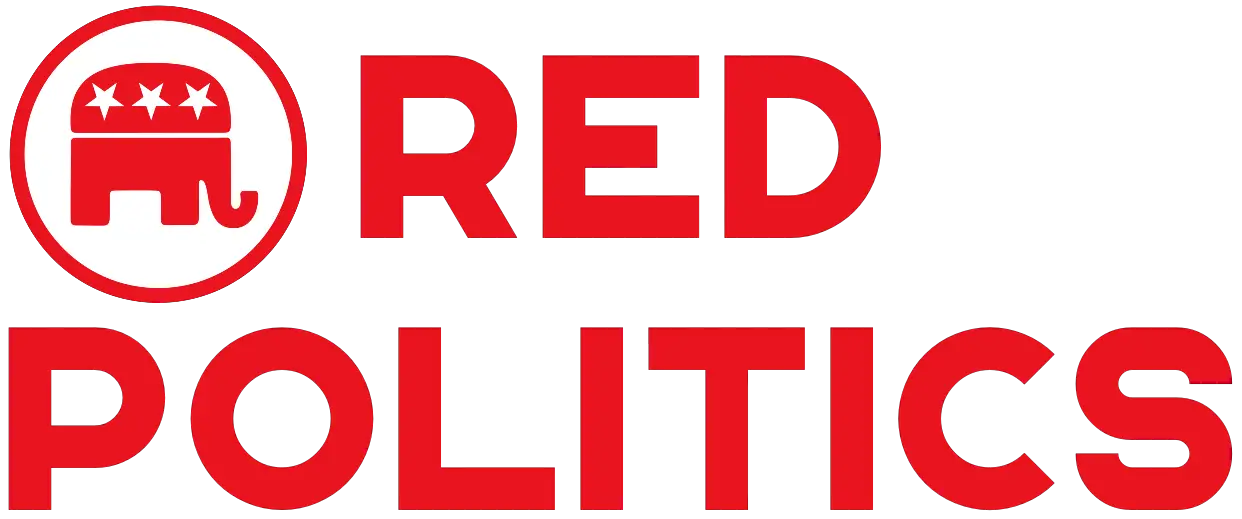
Political debates are often a blend of rehearsed speeches, echoing familiar party sentiments, and showcasing expected allegiances. However, the recent GOP presidential debate witnessed a moment that stood out, courtesy of former New Jersey Governor Chris Christie. His remarks on Trump’s indictments not only deviated from the anticipated narrative but also became the focal point of discussions, both during and after the event.
The debate, a significant precursor to the 2024 elections, was charged with anticipation. Each candidate was poised to present their strategies, their allegiances, and their vision for the future. As the evening progressed, a familiar pattern emerged. Most candidates, in line with party sentiment, vocalized their unwavering support for former President Trump. Their speeches, filled with the expected political rhetoric, echoed sentiments that have become synonymous with the party’s stance in recent years.
However, the atmosphere took a dramatic turn when Christie took the stage. Known for his candidness and his ability to address the elephant in the room, Christie did not disappoint. Addressing the topic of Trump’s indictments, he ventured where few had dared. Instead of offering the anticipated support, Christie hinted at deeper, more systemic issues within the party. He spoke of the need for the GOP to reflect on its core values and the potential dangers of “normalizing” certain behaviors.
His words, while articulate and thought-provoking, were met with a mix of reactions. Some segments of the audience, valuing Christie’s audacity to address the contentious issue, nodded in agreement. They appreciated his call for reflection and his emphasis on the party’s long-term vision. However, others were less receptive. Boos echoed through the venue, a clear indication of the divisive nature of his remarks.
But what prompted such a strong reaction to Christie’s comments? The broader political landscape provides insight. The Trump era, marked by fervent support and undeniable achievements, has also been shadowed by controversies. The GOP stands at a pivotal juncture, grappling with internal divisions and the challenge of charting its future course. In this context, Christie’s emphasis on reflection and reevaluation resonates deeply with the challenges the party faces.
He further emphasized his viewpoint by drawing a distinction between the actions of former Vice President Mike Pence on January 6 and Trump’s alleged indiscretions. While Pence was lauded for his unwavering commitment to the constitution, questions persisted about Trump’s decisions. This juxtaposition underscored Christie’s central message: the urgency for the party to critically assess its stance and navigate a clear path forward.
As the debate concluded, Christie’s remarks became the epicenter of post-debate discussions. Political analysts dissected his words, peers debated the implications, and the public was left pondering the GOP’s future direction. Was Christie’s perspective an isolated viewpoint, or did it mirror a burgeoning sentiment within the party? The forthcoming months promise to provide clarity on these questions.
In conclusion, the GOP presidential debate was not merely a political spectacle. It served as a reflection of the current state and potential direction of the Republican party. Christie’s audacious comments, while polarizing, have sparked an essential dialogue about the party’s identity in the evolving political landscape. As the GOP contemplates its future, introspection, as championed by Christie, may be the linchpin to addressing the challenges that lie ahead.
Source Trending politics

